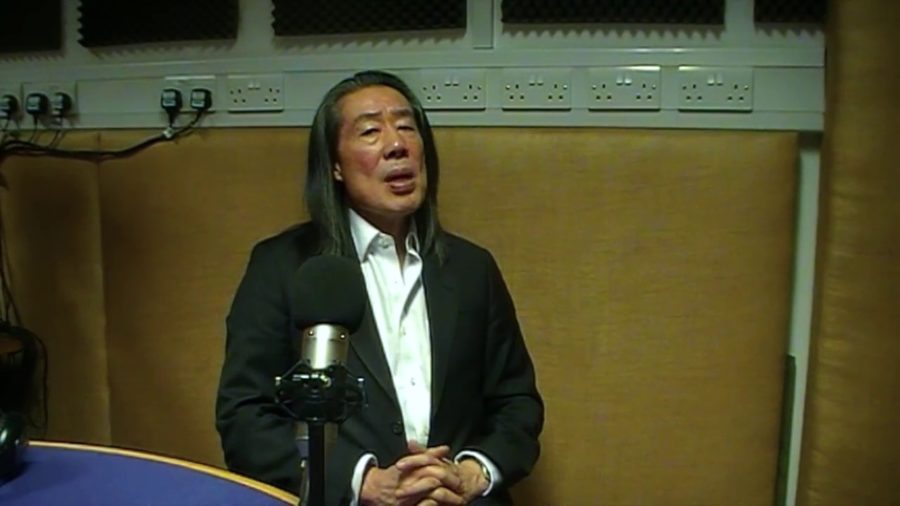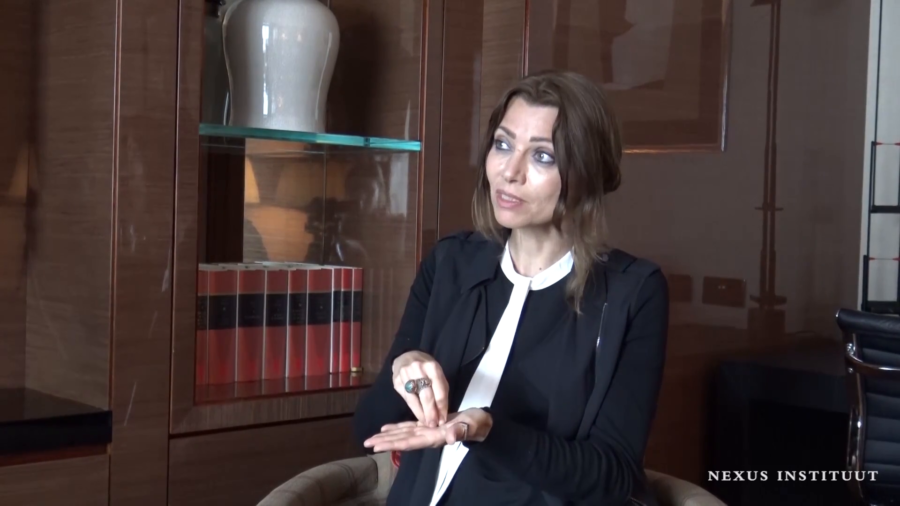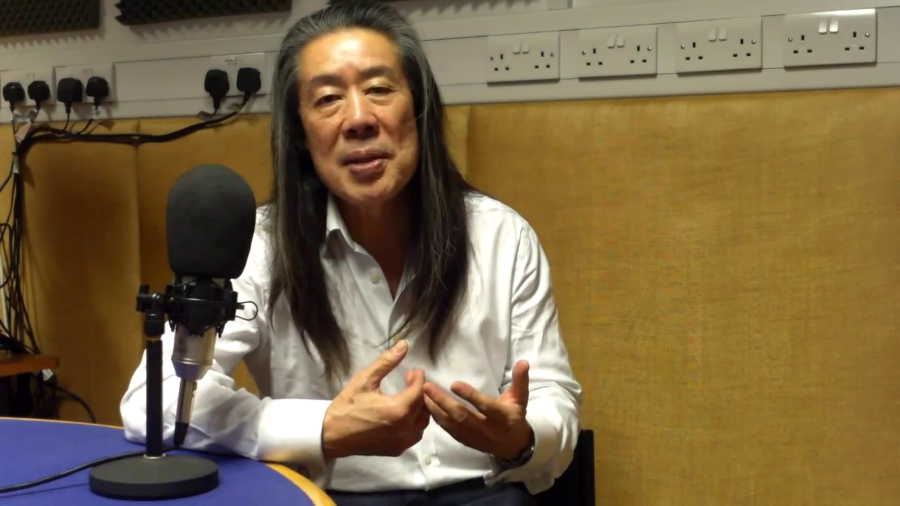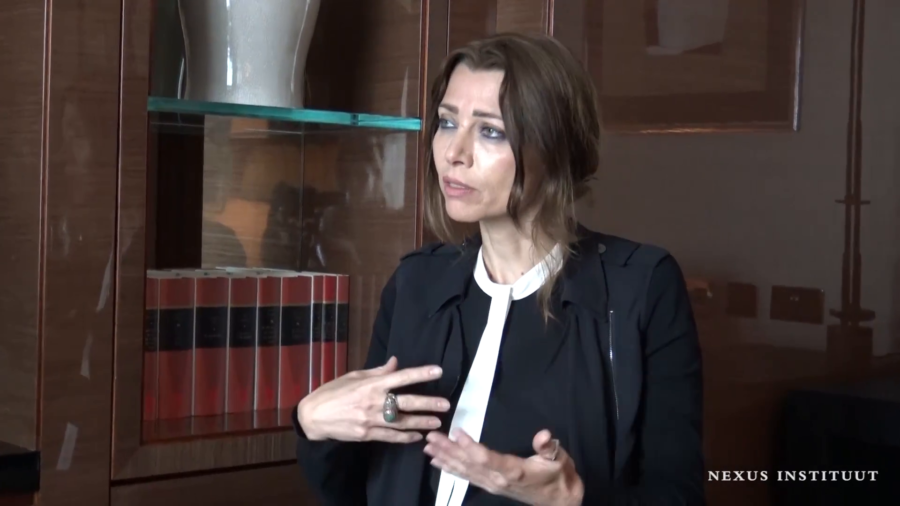Hegel was a young lecturer at a German university at the time of the Napoleonic Wars. And the French armies were laying siege to his city and he had to evacuate. And he wrote to his friends afterwards, saying, “I have seen the future. The future comes on horseback.”
Archive

A number of Islamic states had revolutions that turned them in a particular post-war direction. And in this post-war direction the emphasis was on two key things. The first was modern development. In this sense it meant catching up with the metropolitan Western world. And the second driving force behind all of this was the assumption that this would be best done by instituting secular states.

One of the primary questions, or problems as I see it, is this “illusion” that sameness will bring safety. People start to thinking that if we are surrounded by similar people, like-minded people, if we have communities based on sameness, that will bring us safety. That’s an illusion. That’s not the case at all.


